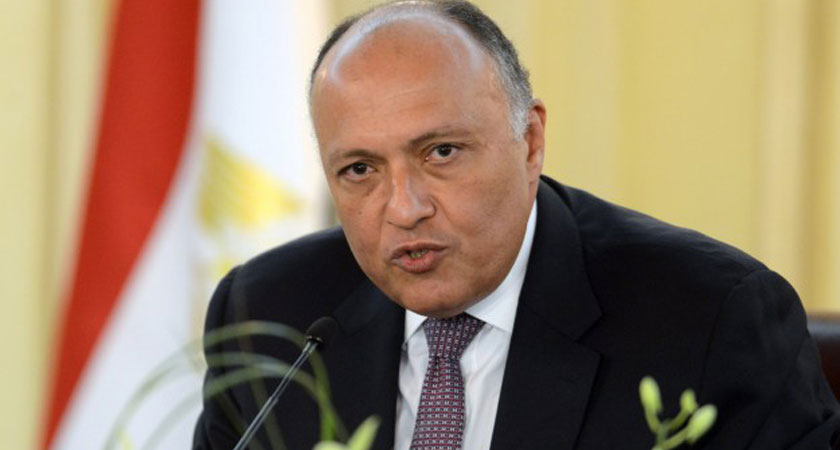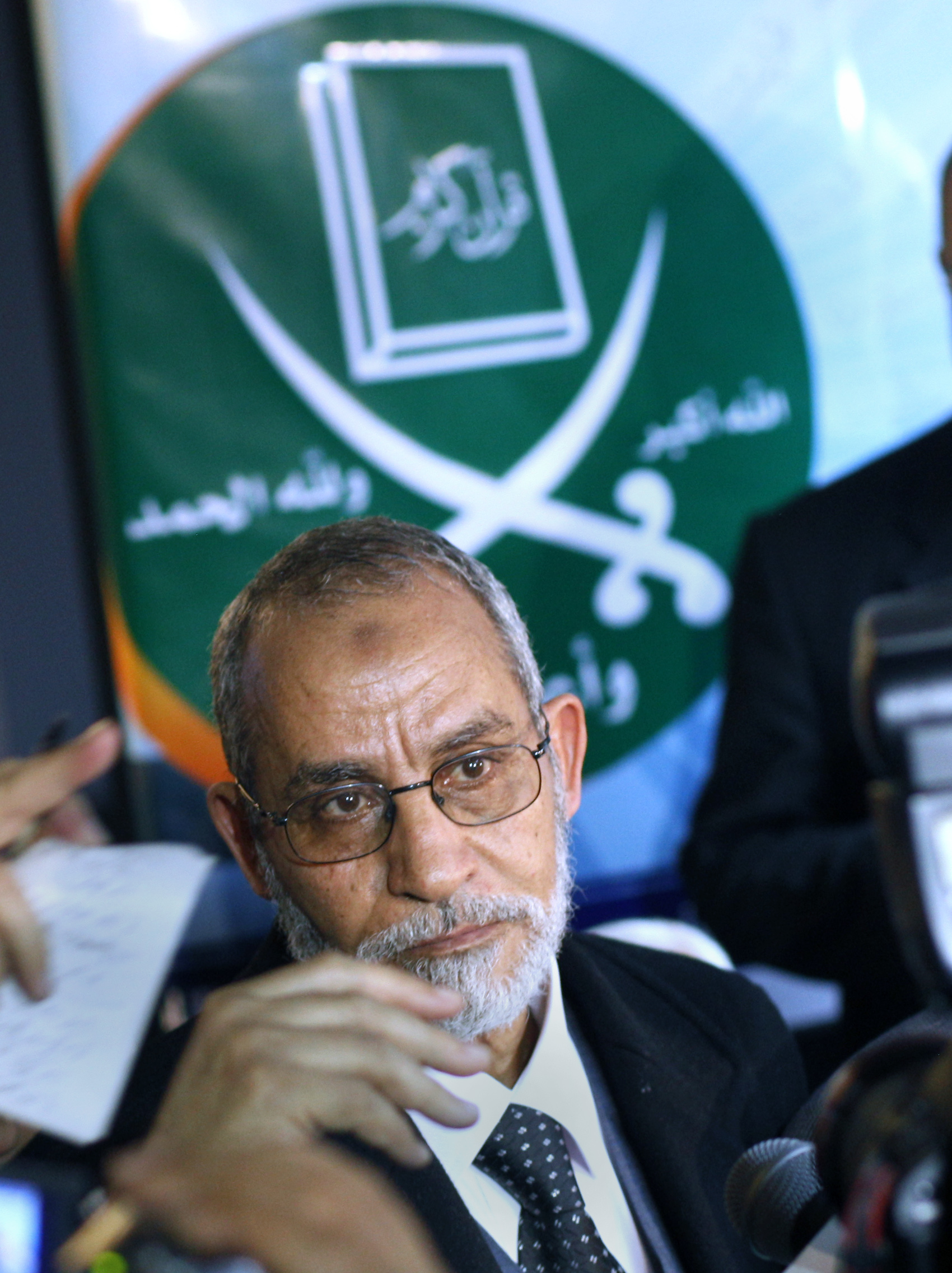Twenty-two NGOs, four political parties and 19 public figures advocating freedoms called on President Abdel Fattah Al-Sisi to hinder the issuance of the new NGO Law by using his constitutional authority, which allows him to reject parliamentary laws within 30 days.
In a letter published Saturday by the Cairo Institute for Human Rights (CIHRS), opponents to the law argued that the law in its current form includes flagrant violations to Egypt’s international commitments regarding the organisation of civil society work.
“The president has constitutional powers enabling him to not pass the law, of which he surely has a copy,” commented CIHRS director Mohamed Zarea. He explained that the letter addressed the president as one of the “major axes of decision-making in the country”, in Monday statements to Daily News Egypt.
“The law was passed without proper dialogue,” read the letter. “It destroys the infrastructure of Egypt’s civil society, a pillar of any modern state, which contributes to socio-economic development, currently in crisis. Not only are state policies unable to face crises, but also incorrect decisions have been made in a way that negatively impacts citizens, who are already in a struggle to survive.”
On 29 November, the parliament passed an NGO Law that raised controversy among different political and social groups, including civil society organisations currently involved in political disputes with the regime over human rights.
The latter organisations, reporting on topics such as freedom of expression, torture, enforced disappearances among other political and civil rights, are believed to have been the target of restrictions imposed in the new law, especially concerning foreign funding, against the backdrop of an infamous crackdown on foreign-funded NGOs since 2011.
The “NGOs’ foreign funding case” has put civil society workers on trial and enforced restrictions such as assets freeze and travel bans.
According to CIHRS, the new NGOs law does not foster a positive environment for foreign investment or serious economic reform. “The law should have empowered non-profit organisations volunteering to provide citizens with services the government fell short from fulfilling, especially after the flotation of the Egyptian pound and the wave of price hikes that followed,” the letter said.
Among the organisations that signed the letter were the Egyptian Centre for Economic and Social Rights (ECESR), Nazra for Feminist Studies, Al-Haqanya Law Centre, Egyptians Against Religious Discrimination, and the Egyptian Commission for Rights and Freedoms (ECRF).
Meanwhile, CIHRS noted several points it found problematic in the new law, including its non-conformity with international conventions, including recommendations which Egypt accepted and pledged to achieve during the last Universal Periodic Review of the UN Human Rights Council in 2014.
In its legal memorandum, a copy of which was sent to the presidency, CIHRS pointed out that the new law violates Article 75 of the Constitution, which states: “All citizens shall have the right to form non-governmental associations and foundations on a democratic basis, which shall acquire legal personality upon notification.” CIHRS stated that naturally the founder of a new NGO will notify authorities of a legitimate business and operate within the law.
However, the new law allows for a state administrative body in charge of NGOs to reject the establishment of an NGO for various reasons, including the discovery of the illegitimacy of any of the organisation’s activities, thus turning the notification concept into licences’ authorisation, CIHRS said.
Moreover, the law imposes difficult conditions on the receipt of monetary donations from inside the country, such as notifying the administrative body 30 days in advance and awaiting its approval or rejection, without necessarily providing any reasons in the second case.
Any foreign funding, which NGOs must obtain them through their bank accounts by prior notification to the body of 30 working days, cannot be spent within the 60 days following the notification date, in case the body denies the money to the NGOs, also without providing reasons.
“This will lead to less foreign investment in local NGOs as investors will fear that their money will be seized,” CIHRS explained.
Among other problems, CIHRS criticised the lack of NGOs independence from state interference, to the extent of objecting to internal organisational decisions or elected board members.
Since the parliament passed the law, which was also criticised by UN officials, there have been demands addressed to Al-Sisi to reject the law.



